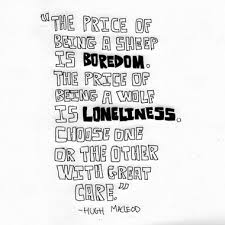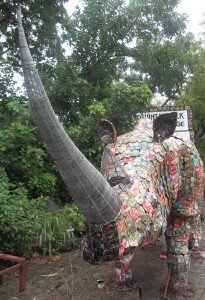It’s shocking the kind of danger journalists continue facing across the world in their daily “routines”, and I put routines in quotes because these are people going about their normal work like any other, but which has turned out to be a perilous undertaking.
At the World Press Freedom Day celebrations this year being held in Costa Rica, one panelist literally grieved over how even countries that have promoted themselves as paragons of democracy have shown shocking impunity in their treatment of journalists.
This of course is the argument that has always been advanced by regimes that have not disguised their intolerance to press freedom that the these developed nations cannot preach to them about human rights, press freedom when they are themselves the worst violators.
It is a debate that is sure to go on for years to come, yet what has generally been agreed on during this year’s press freedom celebrations is that little is being done to ensure journalists are safe, not just embedded war correspondents as one would imagine, but the everyday journalist seeking to report anything from government corruption to organized crime.
I was jolted by one panelist who said that Pakistan remains one of the worst countries in the world to work as a journalist as journalist killings have become a daily thing despite “Pakistan being a democracy.”
Pretty instructive stuff as this resonates with many countries, some which we will not mention by name!
While other governments take journalist killings in their strides, what has emerged as worse practices is that some countries that violate these freedoms say, look, no journalist is in jail here, no journalist has been killed by state security forces, so why accuse us of being enemies of a free press, see we even have a plurality of newspapers!
As journalists celebrate this important occasion, even an African Union director of information conceded that African governments still have a lot to do to ensure journalists work in safe conditions, an acknowledgement that indeed many African countries remain hostile to a vibrate and inquisitive press.











